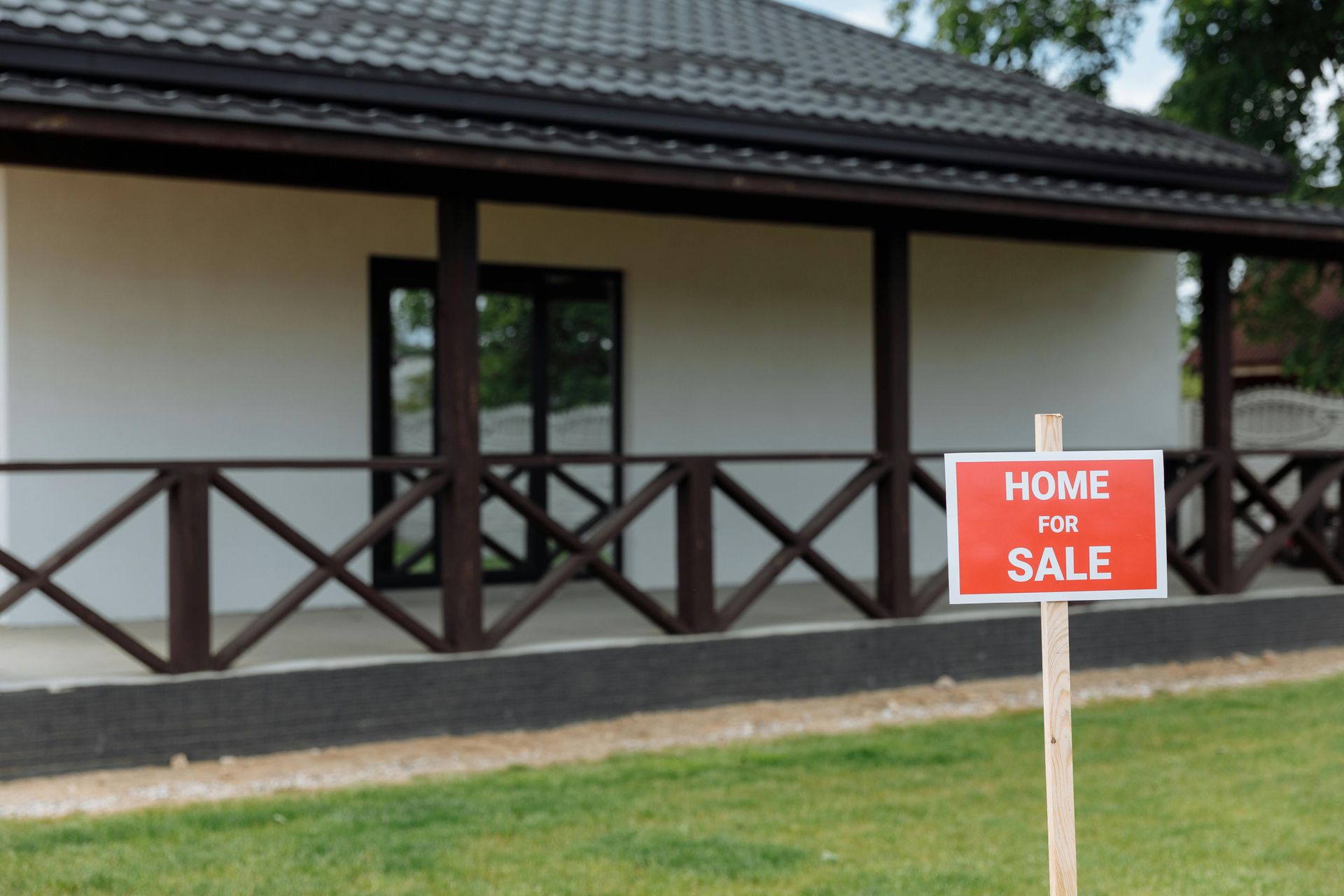Preparing for Hurricane Season
Louisiana REALTORS® has partnered with the FEMA outreach and DOTD education teams to provide REALTORS® with helpful information regarding flood insurance, disaster preparation and recovery through our monthly
Flood Risk & Recovery Series. In June, FEMA and DOTD were joined by representatives from GOHSEP, the Louisiana Department of Insurance, Louisiana Watershed Initiative, Fannie Mae and the Professional Insurance Agents of Louisiana to discuss what to do before, during and after a hurricane to be fully prepared. Please see below for a few highlights, resources and FAQs that were addressed in the session. This is great information to share with your clients as the hurricane season approaches.
Before A Storm:
Insurance Tips/Tricks:
- If you have a home insurance policy, make sure you find and understand what you are covered for. If you have a paper file, save a backup on a flash drive so that it will be accessible no matter what. Look at the declarations page of your policy for:
- Exclusions, specifically wind/hail - if you have this, you'll want to call your insurance agent to adjust
- Deductibles, specifically the hurricane or named storm, wind/hail and flood deductibles to see what you will have to pay out of pocket for and if they need to be adjusted
- Actual cash value vs. replacement cost - it's often recommended to go with "replacement cost," as it allows for you to be covered for the full replacement cost of your items as opposed to their depreciated values
- There is a
difference between standard insurance and flood insurance. FEMA will only offer assistance for presidentially-declared disasters, but flood insurance can be paid out any time a flood occurs. It's usually also a much larger payout from your flood insurance policy than from FEMA assistance.
- If you do not have flood insurance, get it, especially if you are in a high-risk area. It takes 30 days for flood insurance to take effect, so don't wait.
- If cost is what's holding you back from getting insurance, get what you can afford. Some coverage is better than none.
- If you are a renter, get content only flood insurance - your property's owner probably has the building insured, but contents only insurance will help you cover the cost of replacing any damage to your possessions that was caused by flooding.
Preparing Your Property:
- Mitigate as best you can. If your home is below the base of elevation or if you have previously filed for assistance, you may be eligible to apply for a grant to help prevent damage.
- Repair, remove and secure anything in your yard that could potentially become airborne.
During A Storm:
- Stay calm and be safe.
- Stick to your pre-determined plan.
- Protect yourself and then help others.
After A Storm:
- Assess your property and contact your insurance agent right away if you have any damage.
- Be sure to take photos of everything - do not throw anything away.
- Once documented, secure what you can on your property.
- Once you have filed your claim, document all points-of-contact and conversations you have with representatives, appraisers, etc.
- If preparing to apply for any sort of grant or financial aid, be sure you have:
- A copy of your declarations page from your policy
- A copy of all of your policies in chronology of coverage
- Statement of Loss from insurance carrier
- Check stub from final insurance payout
- Proof of property ownership (title, owner of record, etc.)
- Supplemental occupancy proof (utilities, driver's license, etc.)
- Note that you can only receive financial assistance from one agency - your status will be checked before any sum is granted.
Resources:
- GetAGameplan.org - Updated after every disaster, this resource from GOHSEP provides a wealth of helpful information like preparedness guides, evacuation routes and more.
- Disaster Response Network - Fannie Mae offers this excellent resource to connect homeowners and renters who have experienced a disaster with HUD-trained counselors to give advice on things like FEMA aid, insurance claims, SBA claims, etc. for up to 18 months. Call (877) 833-1746 for assistance.
- KnowYourOptions.com - This Fannie Mae hub explains everything you need to know about the insurance claims process in easy-to-understand terms.
- NAIC Home Inventory App - This resource from the National Association of Insurance Commissioners will help you take and record an inventory of your belongings so that you can submit an accurate insurance claim.
FAQs:





